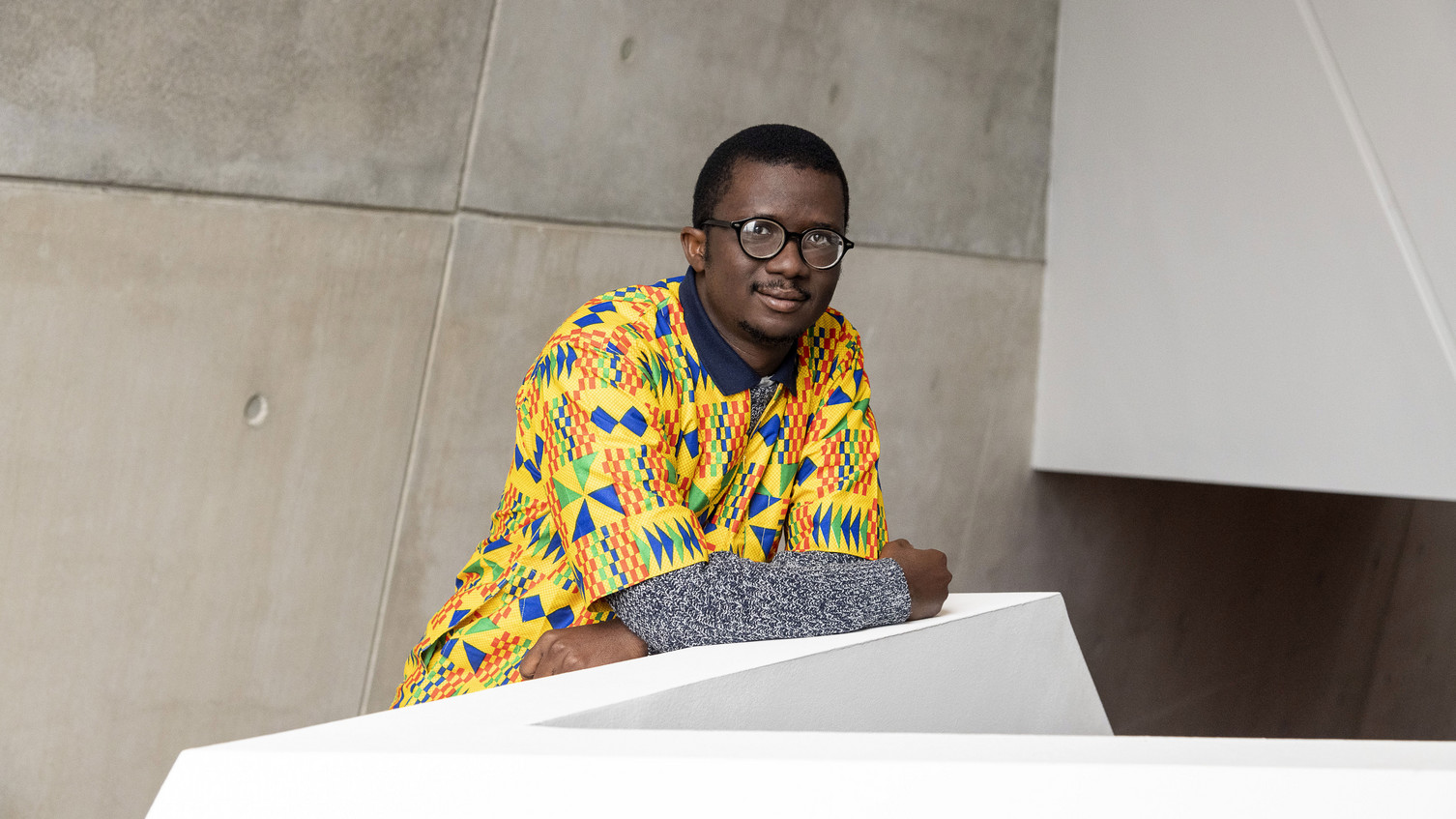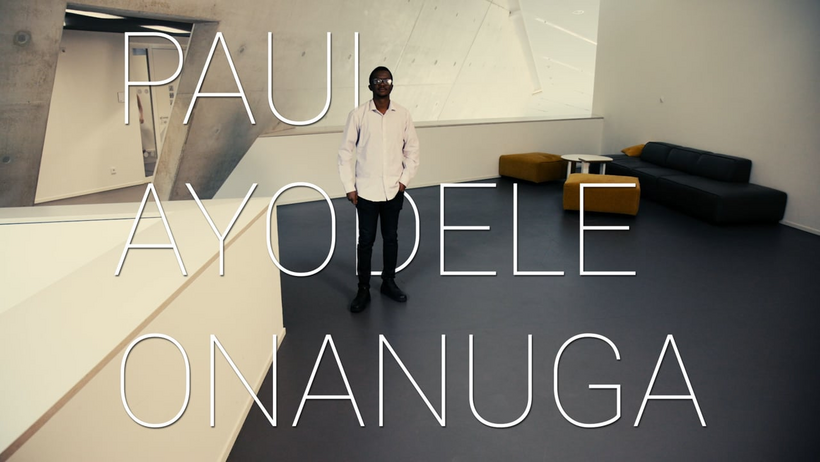Fellow 2023/24
Paul Onanuga studies the phenomenon of transculturality within the context of migration and queerness in Nigeria and Europe. In the research fields of literature and film studies, he analyses migration motives within the queer community from a discourse-analytical perspective and identifies traces of cultural influences between Western and Nigerian queer cultures in their discursively constitutive manifestations. In doing so he makes an important contribution to strengthening inclusive, diverse and egalitarian societies from the perspective of the Global South. Paul Onanuga's projects include sociolinguistic studies of Nigerian hip-hop as well as computer-based discourse analyses of social media. He also contributes to blogs such as “Conversation Africa” and “Africa at LSE”.
Abstract
Marginalized Sexualities, Compelled Agency and the Displacement Conundrum: Interrogating Forced Intra- and International Migration among Nigerian Queers
Heteronormativity continues to overshadow other sexual orientations and gender identities in many human societies. In Nigeria, this overshadowing comes with significant minoritisation, often resulting in forced outing, widespread discrimination as well as state and non-state violence. In the last few years, queer visibility has been enhanced by literary and filmic documentations of Nigerian queer experiences. These ‘othered’ queer individuals have also appropriated the digital space for queer agency. A big gap in the existing literature, however, is how migration is forced upon Nigerian queers in order for them to become true to their sexual and gender identities. My project bridges this research gap by highlighting the roles of language use in the actuality of migration within the Nigerian queer community. It recognizes the multiplicities of movements and their motivations as well as the diverse platforms for their dissemination as it harnesses narratives from literary texts, films and live interviews. The project identifies that, indeed, through their transnational and transcultural experiences, these Nigerian queer individuals encounter and engage with new ideas in Western education and culture, ideas that, in turn, can either empower or disempowerthem in their ability to engage with queer agentic issues back home.
Education
2014 PhD English, Obafemi Awolowo University, Ile-Ife
2010 MA English, Obafemi Awolowo University, Ile-Ife
2006 BA English, Obafemi Awolowo University, Ile-Ife
Current position
Senior Lecturer for English and Literary Studies, Federal University of Oye-Ekiti
Most recent publications
“Navigating Homophobia and Re-inventing the Self: A Linguistic Enquiry of Nigerian Digital Pro-homosexuality Discourse.” Gender and Language 16, no. 1 (2022): 75–97.
“God in the Middle: A Discursive Analysis of Religious Contestations in Nigerian Homosexuality Tweets.” “Critical Discourse Analysis and the Linguistics of Social Media Interaction: Essays in Honour of Rotimi Taiwo”, Nigeria: 69-86. Ibadan: College Press, 2021.
with Josef Schmied. “Policing Sexuality? Corpus Linguistic Perspectives to ‘Government’ in Homosexuality Narratives on Nigerian Twitter.” “Journal of Gender Studies”, 31, no.7 (2022): 825–839, https://doi.org/10.1080/09589236.2022.2066638.


